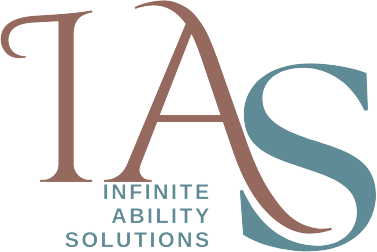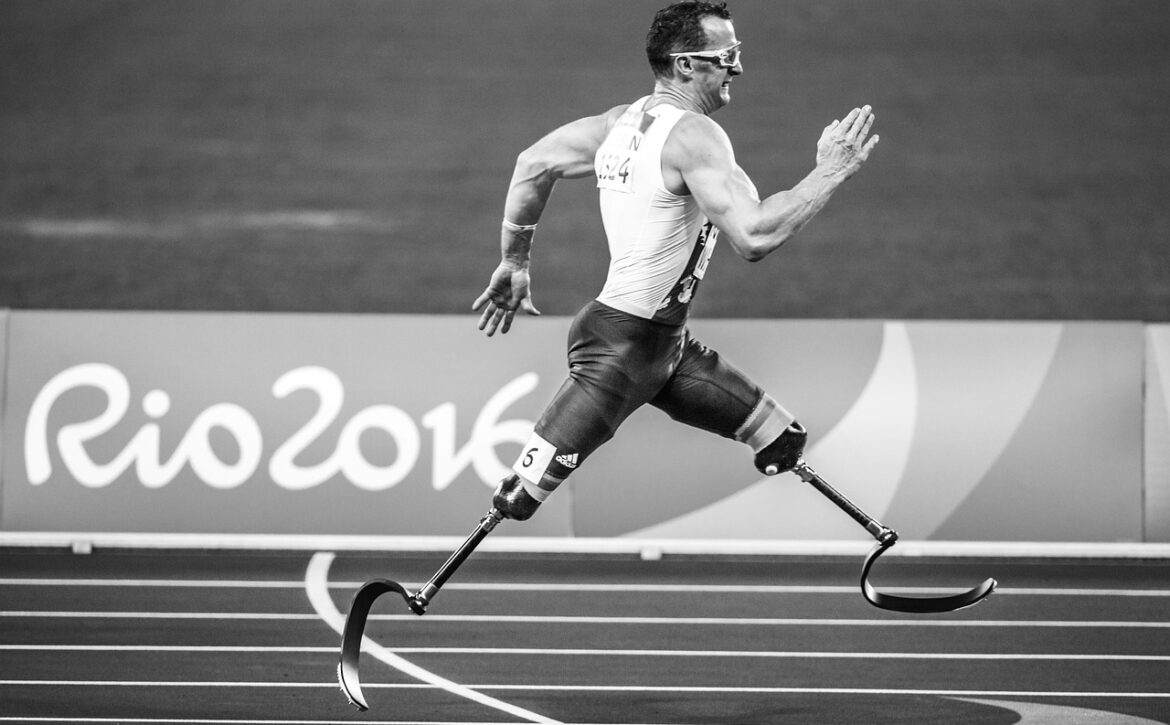The Top 5 Myths About Disability Debunked
Hey there! Today, we’re diving headfirst into the fascinating world of myths about disabilities. I know what you’re thinking: “Oh great, another lecture.” But fear not! I promise this will be enlightening, fun, and sprinkled with a dash of humor. After all, who says learning can’t be a good time?
As an albino who’s been navigating this rollercoaster of a world for quite some time, I’ve heard it all. From the curious (“Do you glow in the dark?”) to the downright bizarre (“Are you part unicorn?”), I’ve learned that misconceptions are as common as cat videos on the internet. So, let’s debunk some of these myths together, shall we?
Myth 1: People with Disabilities Are Always Sick or Unhealthy
Let’s kick things off with this doozy. There’s a widespread belief that if you have a disability, you must be perpetually sick. Newsflash: Not true! Just because I have albinism doesn’t mean I spend my days bedridden with a thermometer in my mouth.
Sure, I have to be careful with sun exposure – sunscreen is my best friend, and I practically own stock in hat companies. But that doesn’t stop me from enjoying life, hiking, and yes, even going to the beach (with a big umbrella, of course). People with disabilities can be as healthy as anyone else, and many of us lead vibrant, active lives. So, next time you see someone with a disability, don’t assume they’re on a first-name basis with their doctor.
Myth 2: People with Disabilities Are Dependent and Need Constant Help
Ah, the “helpless” stereotype. This one’s a real knee-slapper. There’s this idea floating around that people with disabilities are constantly in need of assistance, like we’ve all got a personal butler on speed dial. The reality? We’re pretty darn resourceful.
Take me, for example. Navigating life with low vision means I’ve become a pro at using assistive technology. My phone reads out text messages, my computer screen is magnified, and I’ve got more apps than a teenager. I cook, clean, work, and travel solo. Independence isn’t just possible; it’s the norm for many of us. So, before you rush to offer help, remember: we’ve got this!
Myth 3: Disabilities Are Always Visible
If I had a dollar for every time someone said, “But you don’t look disabled,” I’d be lounging on a beach in Bali right now. Disabilities come in all shapes and sizes, and many of them are invisible. Chronic pain, mental health conditions, learning disabilities – the list goes on.
I remember once, I was on a crowded bus, and an older lady demanded I give up my seat. She assumed I was just another able-bodied person being rude. When I explained that my vision impairment made it unsafe for me to stand, she was shocked. Invisible disabilities are just as real as visible ones, and it’s important to understand and respect them.
Myth 4: People with Disabilities Cannot Work or Contribute to Society
Here’s a whopper: the belief that people with disabilities can’t work or contribute meaningfully to society. As someone who’s been gainfully employed for years, I can tell you this myth is pure baloney.
People with disabilities bring unique perspectives and skills to the table. I’ve worked in various roles, from customer service to advocacy, and I’ve always felt valued for my contributions. Companies that embrace diversity and inclusion are often the most innovative and successful. So, don’t underestimate the talents of people with disabilities – we’re a force to be reckoned with!
Myth 5: People with Disabilities Should Be Pitied or Seen as Inspirational for Everyday Activities
Last but not least, let’s tackle the “pity” and “inspiration” myths. Yes, living with a disability can be challenging, but we’re not looking for pity. And while it’s nice to be appreciated, calling someone “inspirational” for doing everyday tasks can be a bit much.
I once had a stranger gush over how “brave” I was for grocery shopping alone. While I appreciate the sentiment, buying milk isn’t exactly climbing Mount Everest. People with disabilities seek equality, respect, and the opportunity to live our lives without being put on a pedestal for doing so.
Conclusion
There you have it – five myths about disabilities, thoroughly debunked. Remember, we’re not defined by our disabilities; we’re defined by who we are and what we do. Let’s work together to spread awareness, challenge misconceptions, and create a more inclusive world for everyone. And hey, next time you meet someone with a disability, just treat them like a person – because that’s exactly what we are. Cheers!

